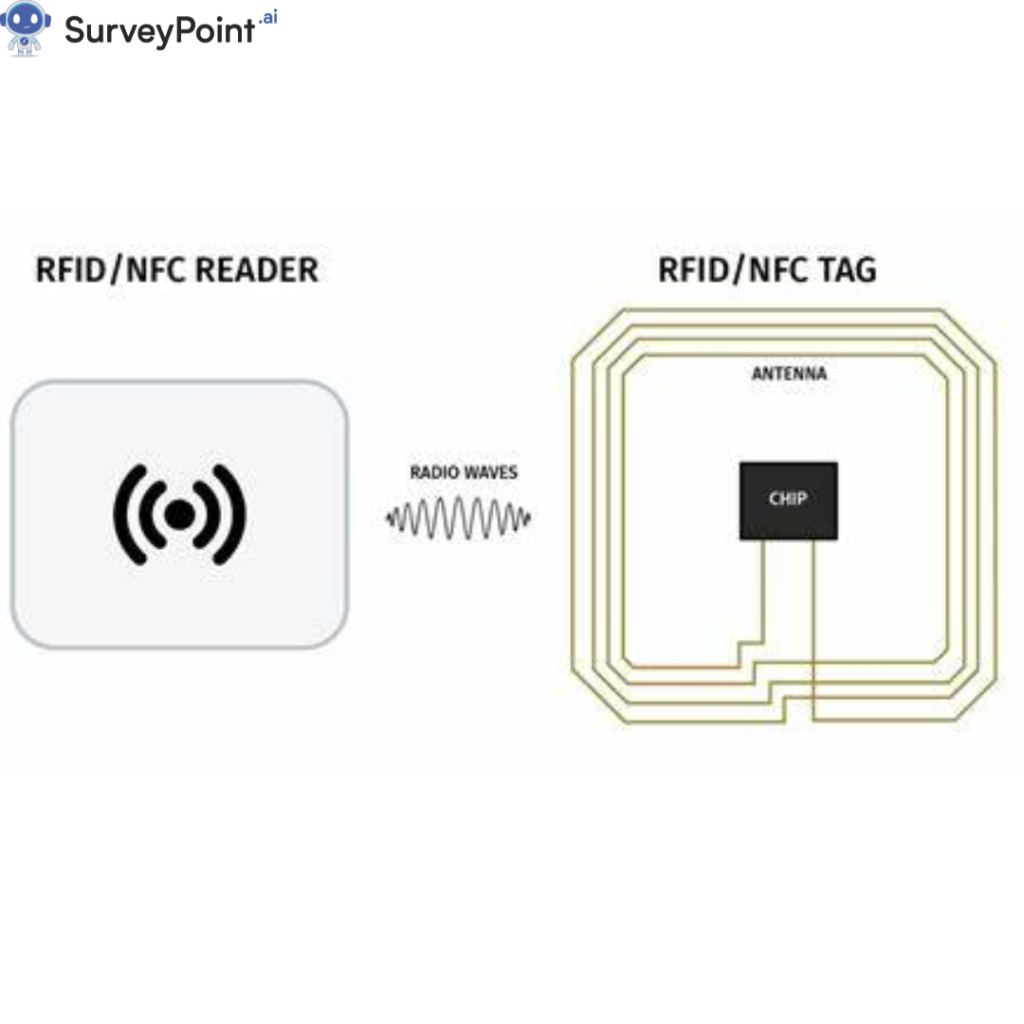
Healthcare management is an essential field that ensures the effective and efficient delivery of healthcare services. It combines elements of business, policy, and science to manage hospitals, clinics, and other healthcare facilities. As the healthcare industry grows and evolves, so does the demand for skilled healthcare managers. This guide explores the fundamentals of healthcare management, the career opportunities it offers, and how to embark on a path in this dynamic field.
What is Healthcare Management?
Healthcare management involves overseeing the operations of healthcare facilities, ensuring they run smoothly and provide high-quality care. This includes managing staff, budgets, and resources, as well as implementing policies and procedures that comply with regulations. Healthcare managers work to improve the efficiency and effectiveness of healthcare services, ultimately enhancing patient outcomes.
Careers in Healthcare Management
Careers in healthcare management are diverse and can range from managing small clinics to overseeing large hospital systems. Professionals in this field can work in various settings, including hospitals, outpatient care centers, public health organizations, insurance companies, and government agencies. The roles can also vary significantly, from entry-level positions to executive roles, offering numerous opportunities for career advancement.
Job Responsibilities
The job responsibilities of healthcare managers are broad and multifaceted. They may include:
- Strategic Planning: Developing long-term goals and strategies for the healthcare facility.
- Financial Management: Overseeing budgets, financial planning, and resource allocation.
- Human Resources Management: Recruiting, training, and managing healthcare staff.
- Operations Management: Ensuring the efficient day-to-day operations of the facility.
- Regulatory Compliance: Ensuring the facility complies with healthcare laws and regulations.
- Quality Improvement: Implementing and monitoring programs to improve patient care and safety.
Key Skills
Successful healthcare managers possess a combination of skills, including:
- Leadership: Ability to lead and motivate teams.
- Communication: Effective communication with staff, patients, and stakeholders.
- Analytical Skills: Ability to analyze data and make informed decisions.
- Problem-Solving: Addressing challenges and finding solutions.
- Organizational Skills: Managing multiple tasks and priorities efficiently.
- Financial Acumen: Understanding and managing budgets and financial resources.
Common Job Titles
Healthcare management offers various job titles, each with its unique responsibilities and requirements:
- Hospital Administrator: Manages the overall operations of a hospital.
- Clinic Manager: Oversees the daily operations of a medical clinic.
- Health Services Manager: Manages specific departments or services within a healthcare facility.
- Practice Manager: Manages the operations of a medical practice.
- Health Information Manager: Oversees the management of patient records and health information systems.
5 Reasons to Consider a Career in Healthcare Management
- Growing Industry: The healthcare sector is expanding, providing numerous job opportunities.
- Impactful Work: Contribute to improving healthcare delivery and patient outcomes.
- Diverse Opportunities: Various roles and settings to choose from, catering to different interests and skills.
- Career Advancement: Potential for growth and advancement in various healthcare management roles.
- Competitive Salaries: Healthcare managers often enjoy competitive salaries and benefits.
How to Get a Job in Healthcare Management
- Education: Obtain a relevant degree, such as a bachelor’s or master’s in healthcare management, health administration, or a related field.
- Experience: Gain experience in healthcare settings through internships, entry-level positions, or volunteer work.
- Certifications: Consider obtaining certifications like Certified Healthcare Manager (CHM) or Fellow of the American College of Healthcare Executives (FACHE).
- Networking: Build a professional network through industry associations, conferences, and networking events.
- Job Search: Utilize job boards, career services, and professional networks to find job openings and apply for positions.
Conclusion
Healthcare management is a rewarding and dynamic career path that offers numerous opportunities for those passionate about healthcare and management. By understanding the roles, responsibilities, and skills required, as well as the steps to enter the field, you can embark on a fulfilling career that makes a significant impact on healthcare delivery and patient care.




